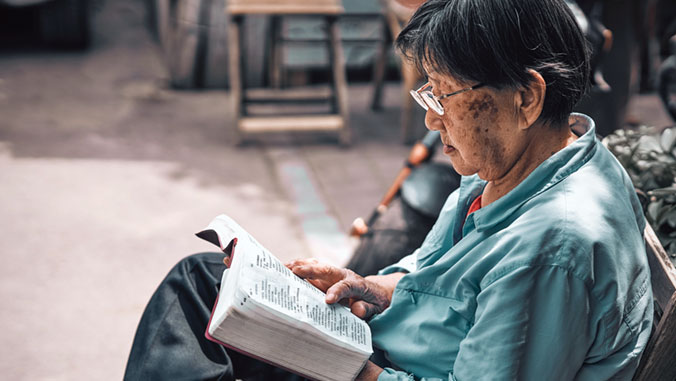
Nearly 30% of older Korean American immigrants fell within the category of experiencing mental distress, but only 5.7% had used professional mental health services according to a study conducted by the University of Hawaiʻi at Mānoa Myron B. Thompson School of Social Work faculty Seunghye Hong. These findings bring awareness to the major social work and public health concerns regarding the gap between mental health needs and service use in racial/ethnic minorities.
These were some of the results found in the Study of Older Korean Americans, a multi-state survey that was conducted on 2,150 Korean immigrants ages 60 or older (mean age was 73.4 years old). The surveys took place at multiple locations and events (e.g. churches, temples, grocery stores, small group meetings and cultural events) from April 2017 to February 2018.
Five states were selected as study sites based on differing proportions of Korean densities: California, New York, Texas, Hawaiʻi and Florida. In each state, a primary metropolitan statistical area with a representative proportion of Korean Americans was selected.
“Mental health needs and service use was already a big concern for older immigrant populations, and now with the COVID-19 pandemic it has become even more so,” said Hong.
The study used the Kessler Psychological Distress Scale 6 to assess participants’ level of mental distress, measuring the frequency of experiencing six different manifestations of psychological distress over the past 30 days. Participants were also asked to rank their overall mental health from excellent to poor, as well as how many times they had used professional mental health services during the past 12 months.
The prevalence of mental distress was notably higher in this study than that reported in national samples of the U.S. population. 22% of individuals reported their mental health status to be either fair or poor, which is substantially higher than the 9–10.3% reported in national samples of older non-Hispanic Whites.
The study highlights the need for intervention efforts to focus on promoting self-awareness and recognition of mental distress among older immigrant populations who are at high risk of mental health problems and in need of professional services.

